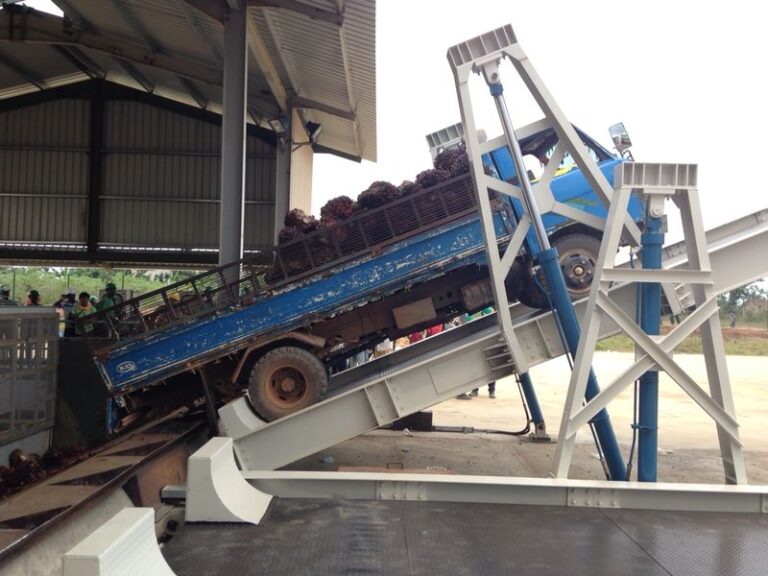A subtle yet unmistakable lift has entered the palm oil market, inviting investors to take a more optimistic view of the sector’s near‑term prospects.
The prevailing narrative has shifted as a confluence of encouraging elements gains traction. Malaysian palm oil futures have inched upward, buoyed by a combination of favourable weather trends, emerging policy signals and a quietly strengthening demand picture in key consuming nations. Traders are no longer merely hedging against downside risk; an undercurrent of constructive sentiment hints at sustained support for prices should these dynamics persist.
Weather forecasts have recently offered relief in main growing regions, with well‑distributed showers nurturing fresh fruit bunches. This has tempered early season concerns and fostered belief in a more balanced supply outlook than previously feared. At the same time, incremental announcements from Indonesian authorities appear to favour measured export controls rather than harsh levies, reassuring buyers that access to global cargoes will remain broadly intact. In Malaysia, streamlined distribution measures and logistical improvements have further underpinned market confidence by reducing typical bottlenecks at loading ports.
Demand undertones in India and China have grown notably firmer, as both nations look to secure cooking oil inventories ahead of festive seasons and household restocking. Forward contracts into the early autumn window are registering respectable volumes, suggesting that processors are willing to pay to lock in supplies in advance. This behaviour contrasts with earlier hesitancy and points to a shift toward proactive buying. Tighter competition at major Indian ports has lifted spot premiums, reinforcing the view that balanced conditions are unlikely to erode quickly.
Beyond Asia, consumer interest in sustainable certified palm oil has gathered pace. A growing number of multinational buyers are integrating traceable volumes into their supply chains, encouraging producers to expand high‑yield plantations under recognised environmental standards. Although premiums for certified cargo remain modest, their steady expansion reflects a deeper commitment to responsible sourcing, which in turn sustains a price floor and highlights palm oil’s evolving market sophistication.
Currency trends have added an auxiliary layer of positivity. The ringgit’s modest recovery against major trade currencies has made Malaysian exports marginally more competitive, attracting fresh inquiries. Currency‑hedged positions have emerged as a favoured tool among institutional players seeking balanced exposure to commodity and FX movements. Such integrated strategies speak to growing investor sophistication and a willingness to embrace palm oil within diversified portfolios.
Global vegetable oil markets are also conveying supportive signals. Soybean oil and rapeseed futures have maintained elevated ranges following weather challenges in South America and Europe, narrowing the usual price gap with palm oil. This relative strength encourages processors to allocate larger percentages to palm oil, cushioning potential downside and fostering a more positive cross‑commodity dynamic.
On the speculative front, open interest in palm oil futures has risen steadily over the past fortnight. This uptick indicates that both hedge funds and long‑term investors are increasing net long positions, confident that the confluence of balanced supply, steady demand and constructive policy cues will sustain the market. The increase in holdings, while measured, signals that practitioners view current levels as attractive entry points ahead of anticipated market clarity.
Looking ahead, the potential for a more pronounced rally hinges on two catalysts: clarity around Indonesian export guidelines and firmer year‑end demand in South Asia. Should Jakarta formalise a gentle export framework and buyers accelerate restocking, palm oil could experience an extended phase of upward momentum. Given the structural resilience of global edible oil consumption and ongoing shifts toward sustainable procurement, the market appears well‑positioned to reward investors prepared to maintain disciplined, phased entry strategies.
Dekel Agri-Vision PLC (LON:DKL) aspires to become a leading agro-industrial company in West Africa, one that creates value for shareholders whilst at all times placing the interests of the local communities and environment in which it operates in at the heart of its operations.







































